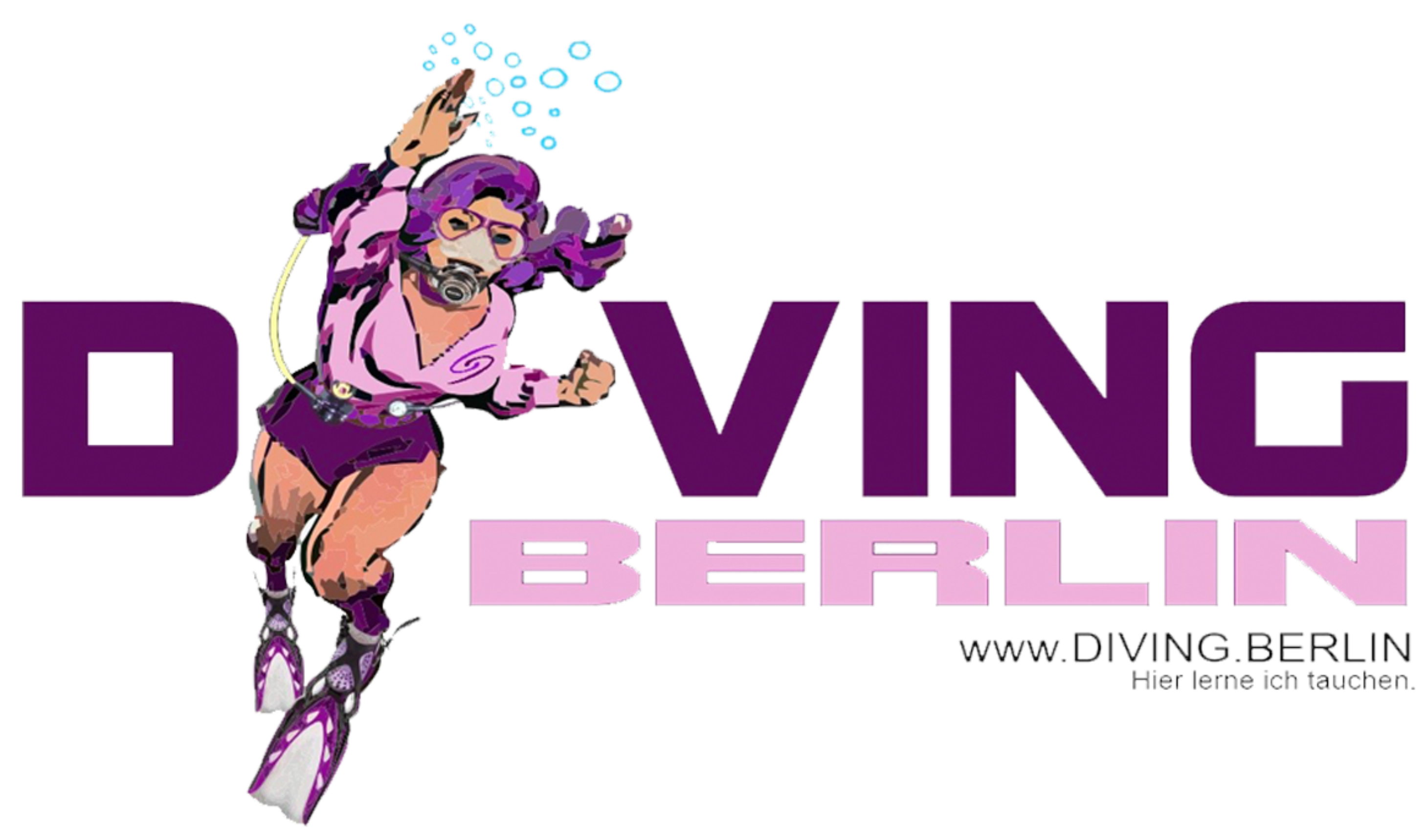Why do people drive to the lake and dump their rubbish there? What’s more, it would be much easier to take the trash can
In the water on the small sandy beach around the corner there is not just an empty bottle bobbing around, but bottle caps, barbecue waste, plastic bags and other rubbish, from old tires to bicycles, are lying everywhere. The rubbish is piling up from year to year.
But even worse:
More than ten million tons of waste get off the roads, into the sewage system, into the lakes into the rivers and thus into the oceans every year. They cost the lives of thousands upon thousands of aquatic creatures. Seabirds confuse plastic with natural food, dolphins get caught in old fishing nets and and and….
In Europe alone, millions of tons of plastic are thrown away every year after a single use. Plastic bags, plastic bottles and cigarette butts are among the most common finds on the beach. Most of the waste comes from the land, carelessly thrown away and carried to the sea via rivers and the wind. The Rhine alone washes an estimated 380 tons of plastic into the North Sea every year. In addition, inputs from shipping, fishing and the offshore industry also play a major regional role. At the bottom of the North Sea alone there are probably more than 600,000 cubic meters of rubbish.
We want to help make the lakes, rivers and seas cleaner through World Dive Day – water conservation starts at home. Our consumption and throw-away behavior can help to ensure the survival of the diverse underwater world.
The diving school Diving.Berlin therefore organizes the World Dive Day, on which divers protect the underwater world with a beach clean-up. And through discussions, this garbage problem is addressed and thus sensitizes people to the matter.
Be there and register for the next World Dive Day


